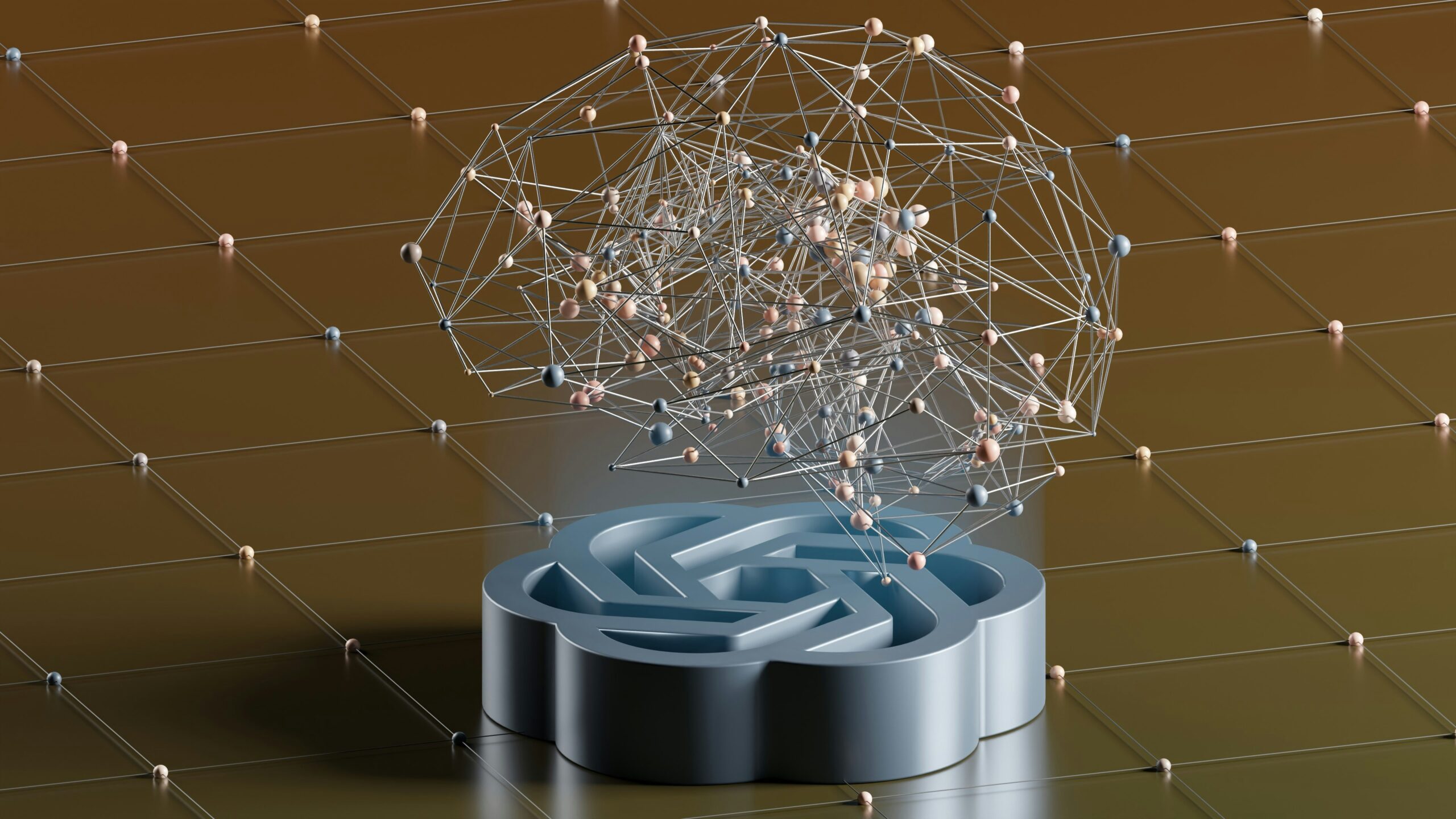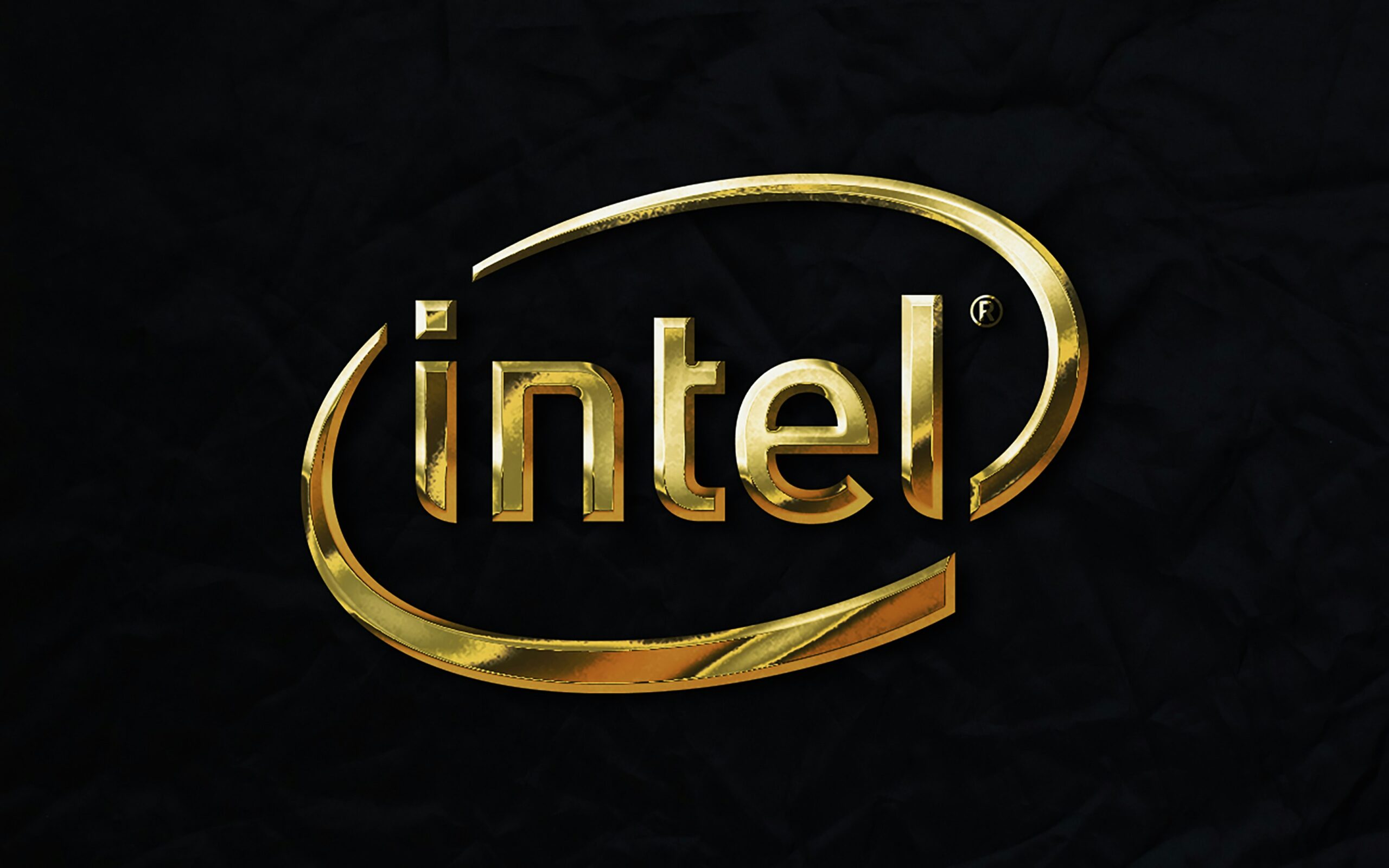Is Politeness Costing OpenAI Millions? The Surprising Impact of “Please” and “Thank You” on AI Interactions
In the rapidly evolving world of artificial intelligence, users’ interactions with AI models are shaping the future of how these systems function. One seemingly innocent habit—being polite to AI—has sparked an unexpected conversation: Could saying “please” and “thank you” to ChatGPT and other AI models actually be costing companies like OpenAI millions of dollars?
This question arose from a random post on X (formerly Twitter), where a user humorously wondered how much electricity OpenAI has spent due to the extra energy consumed when users engage in polite exchanges with AI. Sam Altman, CEO of OpenAI, responded with a tongue-in-cheek remark, claiming that the polite phrasing adds up to “tens of millions of dollars well spent.” While Altman’s comment may not have been meant to be taken literally, it raises an interesting point about the subtle, yet profound, effects of politeness in the AI landscape.
The Energy Cost of Politeness: A Quirky Question
At first glance, the idea of politeness costing OpenAI tens of millions might sound like a stretch. After all, saying “please” and “thank you” during a conversation with an AI doesn’t seem like it should have any financial impact. But the energy consumption of AI models is no joke. AI systems require a substantial amount of computational power, and with billions of interactions happening each day, even the smallest change in how users interact with the models could have an effect on the company’s bottom line.
While it’s likely that Sam Altman was joking in his response, the question opened the door for a broader discussion on how polite language could actually influence AI’s performance and the cost of running these models.
Politeness and AI: A Matter of Tone and Engagement
Surprisingly, there may be more to the concept of politeness in AI interactions than meets the eye. Kurt Beavers, a director on the design team for Microsoft Copilot, explains that using polite language when interacting with AI models sets a specific tone for the response. Beavers stated, “When an AI model ‘clocks politeness,’ it’s more likely to be polite back.” This implies that the AI’s response quality might actually improve when users engage respectfully, creating a more positive experience for both parties.
It’s an intriguing idea that goes beyond simple politeness. By using polite language, users might not only foster a more respectful exchange, but also enhance the effectiveness of AI responses.
But, as Beavers notes, there’s also a time and place for less polite language. In certain contexts, especially in creative workspaces or brainstorming sessions, a more casual or even profane tone might lead to more relaxed, creative, and honest answers. It seems that just as humans adjust their communication styles based on context, AI systems might also respond better to different tones and forms of interaction.
The Paradox: Does Profanity Improve AI Responses?
While polite language can enhance AI interactions, there is also evidence to suggest that being direct—or even profane—can have its advantages. According to reports from Vice, Google’s AI has been shown to perform better when users employ more casual, straightforward language. The study found that being blunt (or even using profanity) can sometimes bypass the “annoying AI overviews” and lead to quicker, more efficient responses.
This contradiction highlights the complexity of AI-human interactions. Whether you’re speaking politely or using less formal language, there’s no one-size-fits-all approach to engaging with AI. It all depends on the tone you want to set and the kind of response you need.
The Bigger Picture: The Role of Human-Like Behavior in AI Design
This ongoing debate about politeness also points to a bigger question: How human-like should AI interactions be? Some argue that the more polite and respectful users are with AI, the more natural and empathetic these interactions will feel. On the other hand, AI models that encourage users to be more blunt or straightforward could help eliminate any feelings of distance between users and the technology.
However, as these conversations continue to unfold, it’s clear that human-like behavior in AI—whether it’s politeness or casualness—can help bridge the gap between the machine and the human experience.
Conclusion: Is Politeness Worth the Cost?
While it’s highly unlikely that OpenAI is losing millions due to polite interactions, the question raised by Sam Altman’s playful comment does serve a valuable purpose: it highlights the nuances of AI-human communication. Whether users choose to be polite or casual, AI companies like OpenAI and Microsoft are constantly working to refine models that respond effectively to all types of human interaction. The ultimate goal is to create AI that can engage with users in a way that feels natural, responsive, and—perhaps most importantly—cost-effective.
As for OpenAI’s electricity bills? Well, maybe politeness will continue to add up—but the long-term benefits of creating AI that can foster positive, engaging interactions could be worth every penny.





